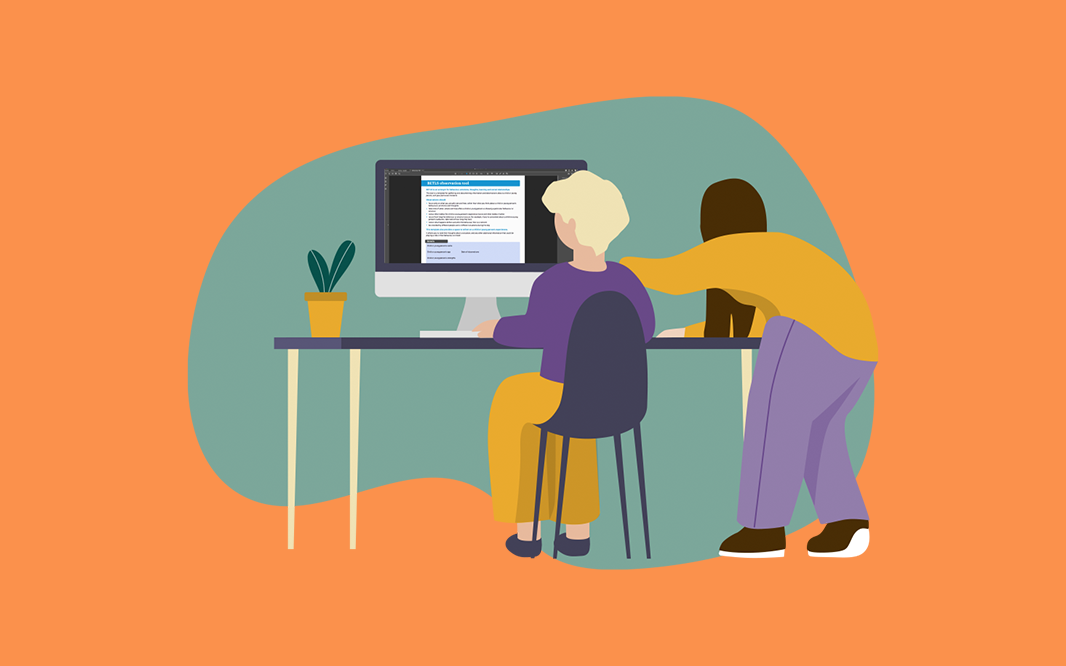In Australia, there are thousands of mental health and wellbeing programs for schools and early learning services, covering topics such as social and emotional learning skills, mental health promotion, prevention and bullying.
Choosing programs relevant to your learning community’s needs may be difficult. Many programs have never been evaluated and may not be able to demonstrate positive mental health or social and emotional learning outcomes.
The Programs Directory is a searchable database of evidence-based mental health and wellbeing programs offered by a wide range of providers. It is designed to make it easier for educators to decide which program suits their learning community.
The directory lists general information about the program, such as the provider’s contact details and the aims and cost of the program – as well as ratings for the program’s evidence base and effectiveness.
The scope of the Programs Directory
The Programs Directory does not list every program on offer in Australia – that is not our aim. Our focus is on providing a list of programs that have been evaluated and rated to help you choose an appropriate program based on your learning community’s context and needs.
It’s important to know that a listing in the Programs Directory is not an endorsement, validation, advertisement or recommendation of that program for your learning community.
Be You does not guarantee that implementing a program from the Programs Directory will have a positive impact in your learning community.
Choose a program based on the needs of your community. Many factors can affect the outcomes of a program or intervention – speak to your chosen program provider about how to get the best out of the program.
Why is evidence important?
Evidence can be used to demonstrate the effectiveness of a program, such as whether it positively impacts children or young people’s mental health and wellbeing or educational outcomes. Evidence is a way of demonstrating that a program does what it says.
- It is helpful for early learning services, schools and educators to know how the evidence for a program has been established – whether this information comes from the program provider or an independent review. Evidence supports learning communities to make informed decisions about which programs may best suit their needs.
- Many program providers take the time and effort to evaluate and gather evidence to demonstrate the impact of their program. This is a leading practice. Be You lists evidence and implementation ratings in the Programs Directory to recognise and acknowledge the work programs do to provide high-quality evidence.
- Educators want to know if the program they choose (and pay for) has evidence of positive impacts. Evidence helps ensure that schools and early learning services receive value for money.
- Be You understands that establishing evidence takes time. We are focused on building the capacity of program providers to establish and develop program evidence. Our ratings system is designed to encourage program providers to continue to evaluate and gather evidence to improve the evidence base for the program.
Evidence and implementation ratings
All programs listed in the Programs Directory have been through a rigorous assessment process designed in collaboration with experts at the Murdoch Children’s Research Institute (MCRI) and the University of Melbourne.
As part of this process, each program is awarded two ratings: one for evidence and one for implementation. Information about the context in which the evidence was established is also published alongside the program details.
- The evidence rating is an assessment of the research underpinning the program, including its impact and quality.
- The implementation rating is an assessment of the program’s training, support, and acceptability by participants and instructors.
Each rating is on a scale from 1 to 4.
Interpreting the ratings
All programs awarded a rating have demonstrated a positive impact on mental health outcomes for children or young people.
A program awarded a 4 rating is not necessarily a ‘better’ program compared to programs awarded a 1. The program rated a 4 has established more evidence to support its effectiveness in improving child health outcomes.
The rating systems for the Programs Directory are designed to provide a quick reference guide to programs offered to schools and early learning services – but it should not be the only source of information you use when deciding whether to implement a program.
We encourage you to contact program providers to ask about the suitability and fit of a program for your learning community.
Any questions?
Still have questions about the Programs Directory? Find more information in the Program Provider Application Guide or contact us with any other queries.
